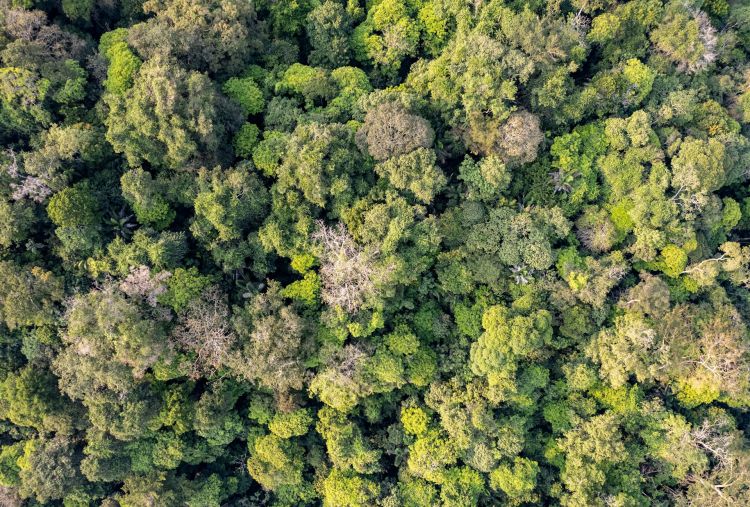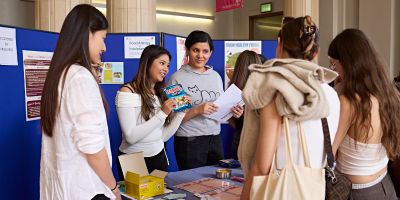Forest science networks support space missions

ForestPlots.net, the global network of tropical forest scientists led by Leeds, is working with the European Space Agency (ESA) to verify its Biomass satellite mission.
The ESA Biomass satellite, which was launched in April 2025, uses a cutting-edge radar to scan dense forest canopies and measure tree trunks, branches, and stems, to detect the carbon stored within them.
It aims to understand how much carbon is stored in forests around the world and how trees and their carbon stocks are affected by climate change.
While satellites collect data from space, groundwork is equally essential to mission’s success.
Forest scientists on the ground must verify and quality-control the information by recording and mapping tree species biodiversity and measuring biomass directly.
It takes millions of measurements by foresters, botanists, and technicians to interpret the forest data. The partners of ForestPlots across the tropics are experts in this.
Now, the new, global GEO-TREES initiative, established to bring satellite and forest scientists together, is advocating for equitably supporting the fieldworkers who are so critical for making sense of what satellites observe from space.
“Even the most advanced satellite can’t tell a mahogany from a Brazil nut tree without help from the ground, and there are more than ten thousand tree species in the Amazon alone,” said Professor Phillips.
These scientists work in some of the most remote, challenging locations for research; despite this, they are often underfunded and disadvantaged.
“Tackling this now will be critical,” Professor Phillips said, “Not just for creating more equitable partnerships, but for ensuring that the billions invested in satellites lead to reliable carbon maps for scientists, policymakers, and forest communities.”
Professor Oliver Phillips coordinates the global ForestPlots network, which is a key partner of GEO-TREES and serves on the project’s Executive Board.
Guy Ziv, Pro-Dean International of the Faculty of Environment and Professor of Socio-Environmental Systems, is a Scientific Advisor to the project.
GEO-TREES centres research culture, encouraging recognition for the people doing the essential fieldwork and pushing for fair support and investment in their work.
This year, NASA and ISA will launch another satellite, which will use a different kind of radar technology to assess forest carbon stocks. GEO-TREES will continue their support with these two space agencies.
More information
Read ‘The forest space age needs eyes on the ground,’ the letter by Professor Phillips, Alvaro Duque (Universidad Nacional de Colombia), Lillian Rodriguez (University of the Philippines), and Irié Casimir Zo-Bi (Institut National Polytechnique Félix Houphouët-Boigny) in Nature. PDF available.




